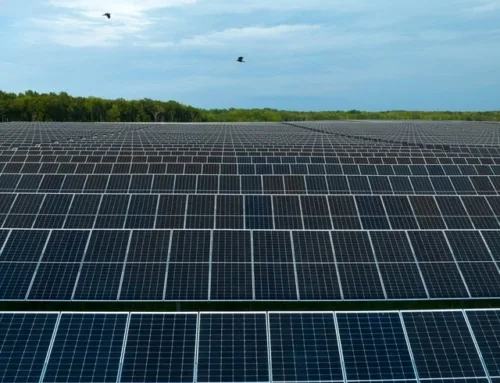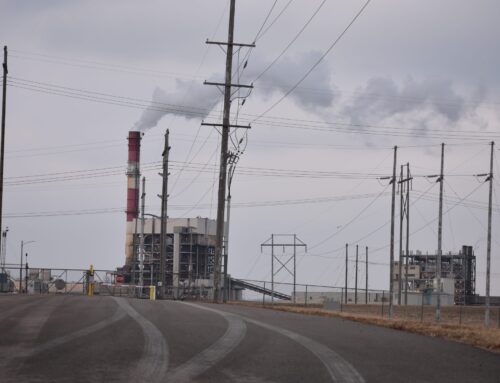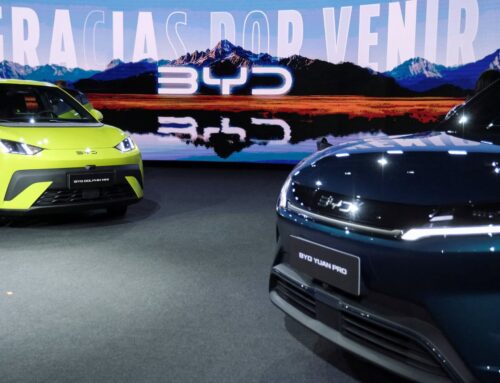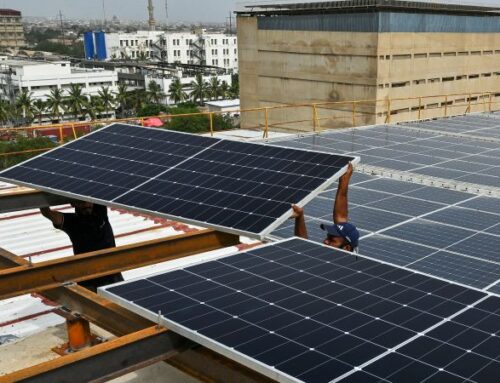Protecting the environment has always made economic sense. Now we have proof
July 17, 2025
Left to their own devices, humans often make stupid choices. This is, perhaps, most amusingly summed up in the viral public safety video “Dumb Ways to Die” launched by Melbourne Metro more than a decade ago. Far more seriously, human treatment of the environment represents possibly the dumbest choice we have collectively made – and consistently been making for decades.
Economics is about making choices, as Dr Ken Henry, one of Australia’s most eminent economists and public servants and now chair of the Australian Nature and Biodiversity Foundation, told the National Press Club in a passionate speech about both the environment and economy: in a world of finite resources, we can’t have everything we want. Yet, as the landmark Dasgupta review into the economics of biodiversity tells us, humanity’s demands on nature far exceed its capacity to supply our needs (or perhaps, wants).
Indeed, estimates suggest that we are currently using the earth’s available resources at 1.75 times their ability to regenerate. For the U.S., that figure is a shocking 5.4 times, but Australia has the dubious distinction of coming in second place at an estimated 4.5 times.
We have been able to make these “dumb” choices largely because of political failures to address economic challenges. Namely, we have failed to consider the true value of our natural ecosystems and to factor in the cost of harm to those systems (including greenhouse gas emissions) or what economists refer to as “externalities”.
As Henry put it: “We have whole industries with business models built on the destruction of the natural world.”
The good news is that it doesn’t have to be this way. And the best news of all is that preserving nature (and the climate) delivers net economic benefits. Unfortunately, the vast majority of people today believe that to choose nature and climate action is to choose a loss of economic wellbeing.
This is no longer an accurate view of the choices we face.
This mindset, at least as it relates to climate, might have been understandable in 2008, when another eminent economist, Prof Ross Garnaut, wrote his review on climate change. That review was all about the costs associated with climate change and the “wicked problem” that we face in having to choose between the economy and the environment.
However, two significant things have happened since then that have completely changed the equation.
Firstly, we better understand the costs of inaction. Economic models are imprecise at the best of times, but we now know that failing to remove greenhouse gas emissions and address biodiversity loss will cost trillions of dollars over time. For example, the cost of extreme weather events that is specifically linked to climate change has already cost us US$143bn per year over the last twenty years.
And this excludes the costs of lower productivity, lost agricultural production and of course loss of life and other health impacts. There are also multiple studies showing the impacts of nature losses, such as declining bee populations, on economies.
Secondly, and most importantly, the economics of action is both better understood (in the case of nature preservation) and has fundamentally shifted (in the case of climate change). For example, there has been a 99% drop in the price of solar panels over the last 40 years.
Henry spoke of the massive productivity gains that could be realised through delivering a modern, national and consistent environmental protection system that achieves environmental outcomes as well as economic ones, the latter through more efficient planning processes. The current failures of our Environment Protection and Biodiversity Conservation Act mean we are not only failing nature, but also our critical housing and energy transition needs – at a huge cost.
Meanwhile, Garnaut’s SuperPower Institute is showing how the net zero transition can deliver trillions in economic gains – more than is needed to replace fossil fuel exports – if we set up the right supports now.
It is no coincidence that many of Australia’s greatest public policy economists are now leading the charge towards a genuinely sustainable economy and outlining exactly how we get there. This is not to say that there will be no costs, but rather that good policy design can address when benefits are not received equally.
Henry spoke of the promise of “an efficient, jobs-rich, globally competitive, high-productivity, low-emissions, nature-rich economy.” But this, he said, requires a shift from our current political mindset where bipartisan bickering – which he called an act of intergenerational bastardry – has become the norm at the expense of desperately needed reforms.
I see glimmers of hope. For example, an economy-wide carbon price, long recognised by economists as the lowest cost way of achieving net zero, is appearing in many conversations. The treasurer, Jim Chalmers, has set the stage for potentially bold and beneficial reforms in next month’s productivity roundtable discussions. Let’s hope the participants rise to the occasion.
Henry is not the first economist to point to the economic benefits of nature preservation and climate action, but I hope that his passion will awaken something in the collective Australian psyche, something that governments across Australia can seize upon.
With the benefits of action clearly outweighing any upfront investment, the most difficult thing we have to do now to ensure a liveable world for current and future generations is to change our mindset.
-
Nicki Hutley is a consulting economist
Search
RECENT PRESS RELEASES
Related Post




